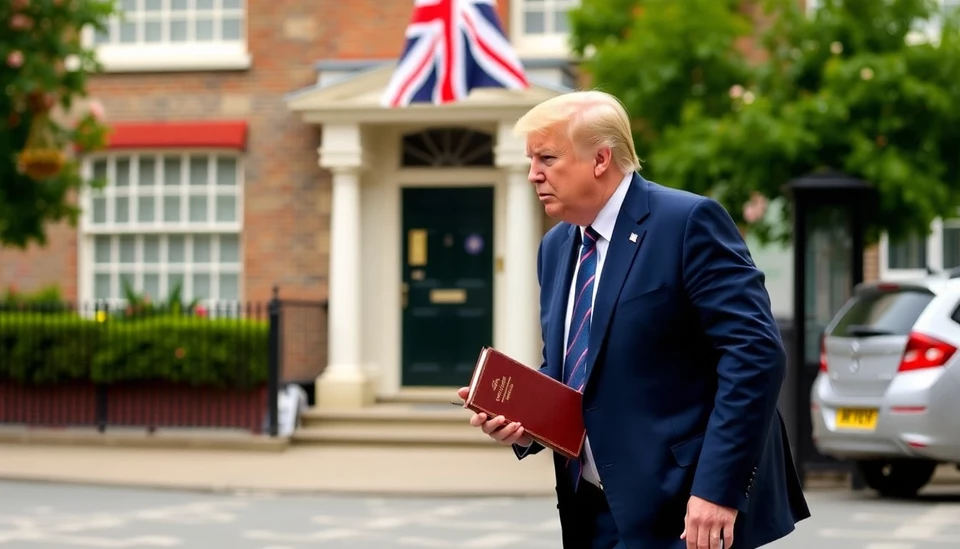
A significant selloff in the UK bond market has cast a shadow over the ambitious economic project spearheaded by Labour's Shadow Chancellor, Rachel Reeves. As UK investors are grappling with rising bond yields, concerns are mounting about the sustainability of Reeves' economic plans, which aim to bolster growth while navigating the turbulent waters of fiscal policy.
The backdrop to the current turmoil is a volatile economy affected by inflationary pressures and global market shifts. Recent data indicates a sharp rise in government borrowing costs, with expert analysts attributing this to a combination of governmental fiscal policies and external economic factors. The uptick in yields means that borrowing for the government is becoming increasingly expensive, potentially complicating the already challenging fiscal landscape that Reeves is trying to reshape.
In recent communications, Reeves outlined her visions for a more resilient and growth-oriented UK economy. This includes boosting investments in sustainable technologies and fostering a business-friendly environment. However, with bond yields soaring, some economists are questioning whether these aspirations can be funded without exacerbating the nation’s fiscal position.
The unprecedented selloff raises alarms about the broader implications for the UK’s financial health. With each percentage point increase in bond yields, the cost of servicing the country’s debt escalates, potentially compromising funds available for public spending and welfare programs. This precarious situation has forced Reeves to confront stark realities and to reassess her economic framework in light of the challenging borrowing conditions.
In response to these developments, financial analysts warn that should the bond market remain under pressure, the implications could extend beyond government finances. It could deter private investments and erode consumer confidence, further dampening the UK's economic recovery efforts. Several policy experts have emphasized the need for a measured approach that addresses both inflation and the growth challenges facing an already strained economy.
As Reeves seeks to navigate this treacherous economic landscape, critics have begun voicing opinions over the practicality of her proposals. Some argue that without an immediate recalibration to their fiscal strategy, Labour's plans could become increasingly untenable, risking the very foundation upon which they aim to build a rejuvenated UK economy.
The upcoming months will be critical as the repercussions of the bond selloff unfold and Reeves looks to influence government economic policy. Observers are closely monitoring her every move, questioning whether she can regain stability amid rising interest rates, heightened inflation, and an unpredictable global market environment.
In conclusion, Rachel Reeves faces a formidable challenge as she strives to maintain her vision for the UK economy in the face of a bond market under siege. The coming weeks will determine whether her ambitious projects can survive this turbulent financial landscape.
#UKEconomy #RachelReeves #BondMarket #FiscalPolicy #EconomicGrowth #InvestorConfidence #LabourParty #ShadowChancellor
Author: Laura Mitchell




